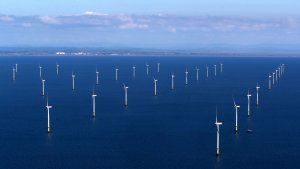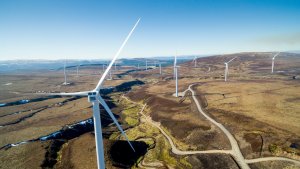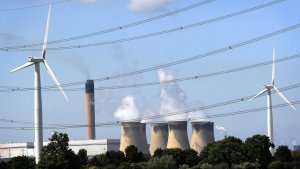People could see widespread changes in their daily lives as the UK moves to cut climate emissions to zero over the next three decades.
How Life Will Change In A World Of Net Zero Emissions
People could see widespread changes in their daily lives as the UK moves to cut climate emissions to zero over the next three decades.

Prime Minister Theresa May has announced that the UK will legislate for a new legal target to cut greenhouse gases to “net zero” by 2050.
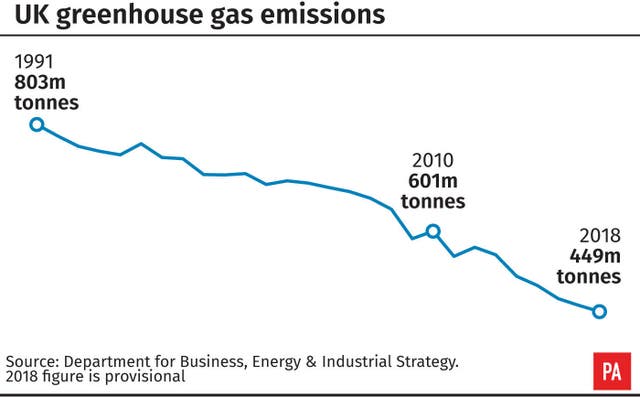
The Government’s expert advisory Committee on Climate Change set out in a recent report the need for changes in how homes are heated, transport and what people eat in order to meet the new goal.
Even the look of the countryside could change, with more trees and mixed farming replacing the monocultural landscapes of today.
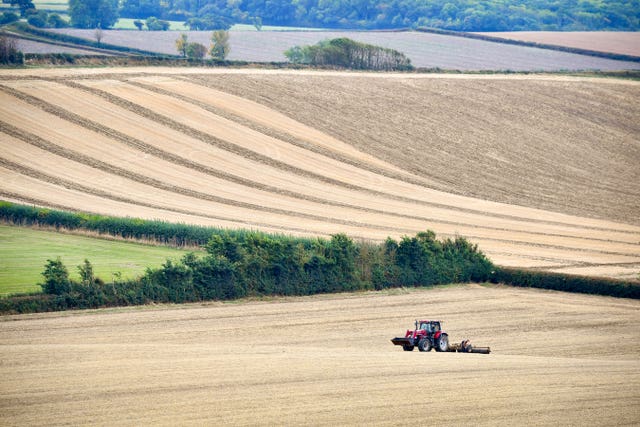
Millions of homes will have to switch to low-carbon heating before 2030, with heat pumps, district heating networks and hydrogen boilers replacing natural gas boilers, analysis has found.
Homes could be fitted with “smart” systems to help control heat and power use, as well as improvements in insulation and double glazing, which would cut energy bills as well as reducing carbon emissions.

Families could also make a contribution to cutting emissions by switching short-haul flights to train journeys and reducing long haul flights.
People will also need to eat less beef, lamb and dairy, use separate food waste collections and even switch to peat-free compost in their gardens to help cut emissions, the report from the Committee on Climate Change said.
Drivers will have to move from petrol and diesel vehicles to electric vehicles, which will become cheaper than their old equivalents in the 2020s, or even give up their cars for walking, cycling and public transport.
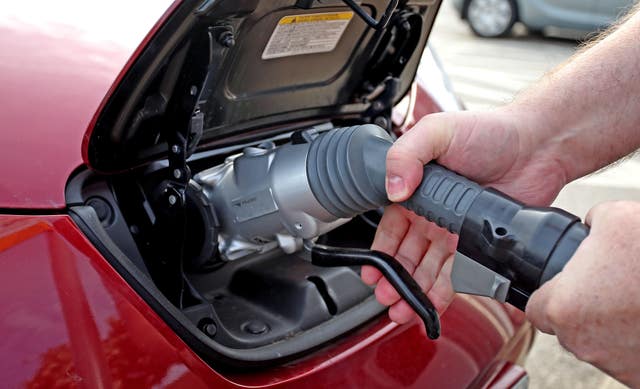
But as it made the announcement, Number 10 highlighted how the changes could help improve health, for example by cutting air pollution from transport, and boost wildlife, as more woodlands are planted.
The Business and Energy Department (Beis) also pointed to the opportunity to create jobs through the shift to zero emissions, with 400,000 people already employed in the low carbon sector and its supply chain.
Beis said it was investing in clean growth to create two million high quality jobs by 2030.
Emily Beament is Press Association Environment Correspondent.
Thanks for signing up to Minutehack alerts.
Brilliant editorials heading your way soon.
Okay, Thanks!